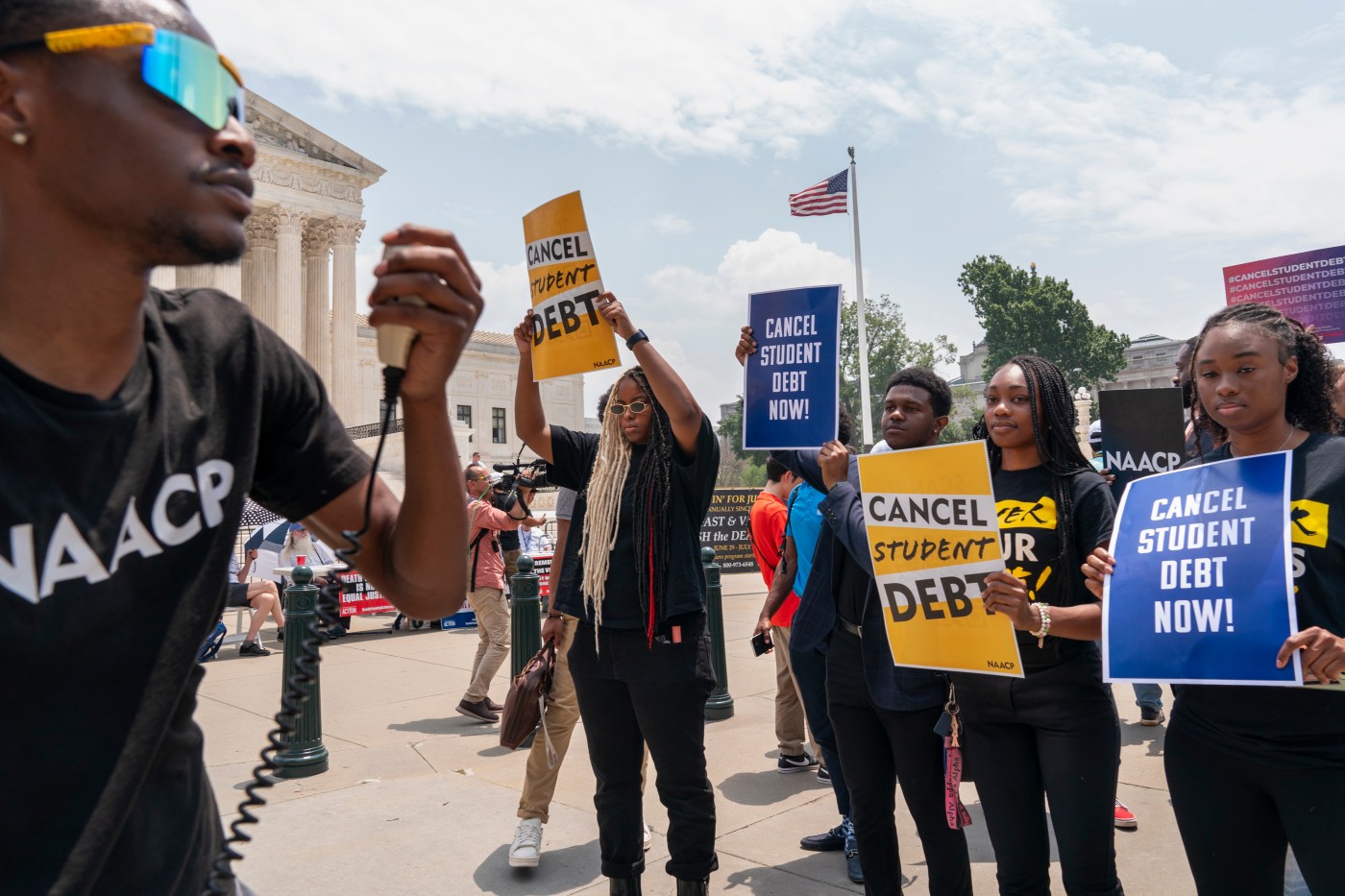
In 1995, President Bill Clinton remarked, “America has always been a land of opportunity, a land where, if you work hard, you can get ahead.” It was an inspirational claim, and as a millennial, someone born between 1981-96, it was ingrained in my head. Go to college, get a job, and everything will be okay as long as you work hard and with purpose.
I’d love for that to be true, but the numbers tell a different story.
According to the 2025 National Association of Realtors’ Home Buyers and Sellers Generational Trends Report, 43% of younger millennials carry a median student debt of $30,000 with around 29% of older millennials having a median debt of $35,000. That’s on top of the average millennial’s credit card debt of $6,691, per Experian.
Retirement? Seventy-five is optimistic. The American dream we were promised is behind us, and millennials, also known as Generation Y, seem to be the transition generation to whatever comes next.
Related Articles
The Southern California wildfires destroyed 11,000 homes. Less than 10% have permits to rebuild
Californians pay ninth-highest HOA fees in US
California commissioner proposes insurance rule that critics call ‘revenge’
Antioch to draft ordinance in effort to support affordable housing
Huge housing costs are stressing out California
There are many nights I’ve stared at the ceiling wondering what I did wrong. I went to college, earned a master’s degree, got jobs (plural) — and, still, it feels like a relentless barrage of “never enough.” The gig economy, coined around 2009, has been advertised as flexible and independent work.
The reality?
It often correlates to temp jobs, part-time positions, app-based functions and contract work, leading to unstable pay, unreliable medical coverage and, in many cases, few to zero benefits.
That 401(k) match? Unlike those classified as “employees,” independent contractors tend to be excluded from these benefits.
News headlines echo our, as we say, “intrusive thoughts“: “Can Millennials Even Afford a Home?” “Gen Y Is Screwed.” “Most Millennials Can’t Cover an Unexpected Medical Bill.”
My mother often reminds me, “Your generation is living in unprecedented times. It’s not your fault.” And she’s right. It’s not our fault, but it is ours to navigate.
Our generation has been shaped by 9/11, the Great Recession, the wars in the Middle East, social media, the COVID-19 pandemic and rapid technological innovation. All of this has created an economic and political landscape that is messy, divided and often agonizing to constantly hear about.
We’re not buying homes the same way.
A BMO Index notes 57% of Generation Z and 54% of millennials say they would co-buy a home with friends or family to spread out the costs. For many, having children is an uneasy question, with a NerdWallet survey finding 38% of millennials stating the costs of having a child are way too high.
We are also living through the greatest wealth transfer in history: Cerulli Associates projects that by 2048, $124 trillion is expected to move from the Silent Generation and baby boomers to their descendants. Yet, of that wealth, 10% of households control 67.2% of household wealth according to the Federal Reserve Bank of St. Louis.
A great transfer for a limited few.
The American dream feels more like the American scheme: something many of us didn’t get the memo for, but still have to navigate. Working hard no longer guarantees a fair shot. Doing all the “right things” doesn’t ensure the success we were promised. If anything, it’s ensured a delayed ability to even think about the prospects of making big financial decisions.
Some may say “that’s life,” but I think there’s a legacy here.
Generations teach the next something powerful. Perhaps the millennial legacy is one of resilience. We were told we could do anything and despite demoralizing headlines, economic uncertainty and a government that feels like it only represents a certain class, we persevere. We are a hardheaded generation, avocado toast in hand.
We endure, adapt and find ways to make it work.
The American dream may feel like a scheme, but millennials are still here.
We’re still building, striving and surviving. However, if hard work doesn’t define success and if following the right path doesn’t lead to harmony, it is our job to redefine what that means, not by chasing what was defined by those before us, but one that actually fits our reality.
Manuel M. Grajeda III is an economics teacher, human rights researcher and publicist based out of Long Beach.